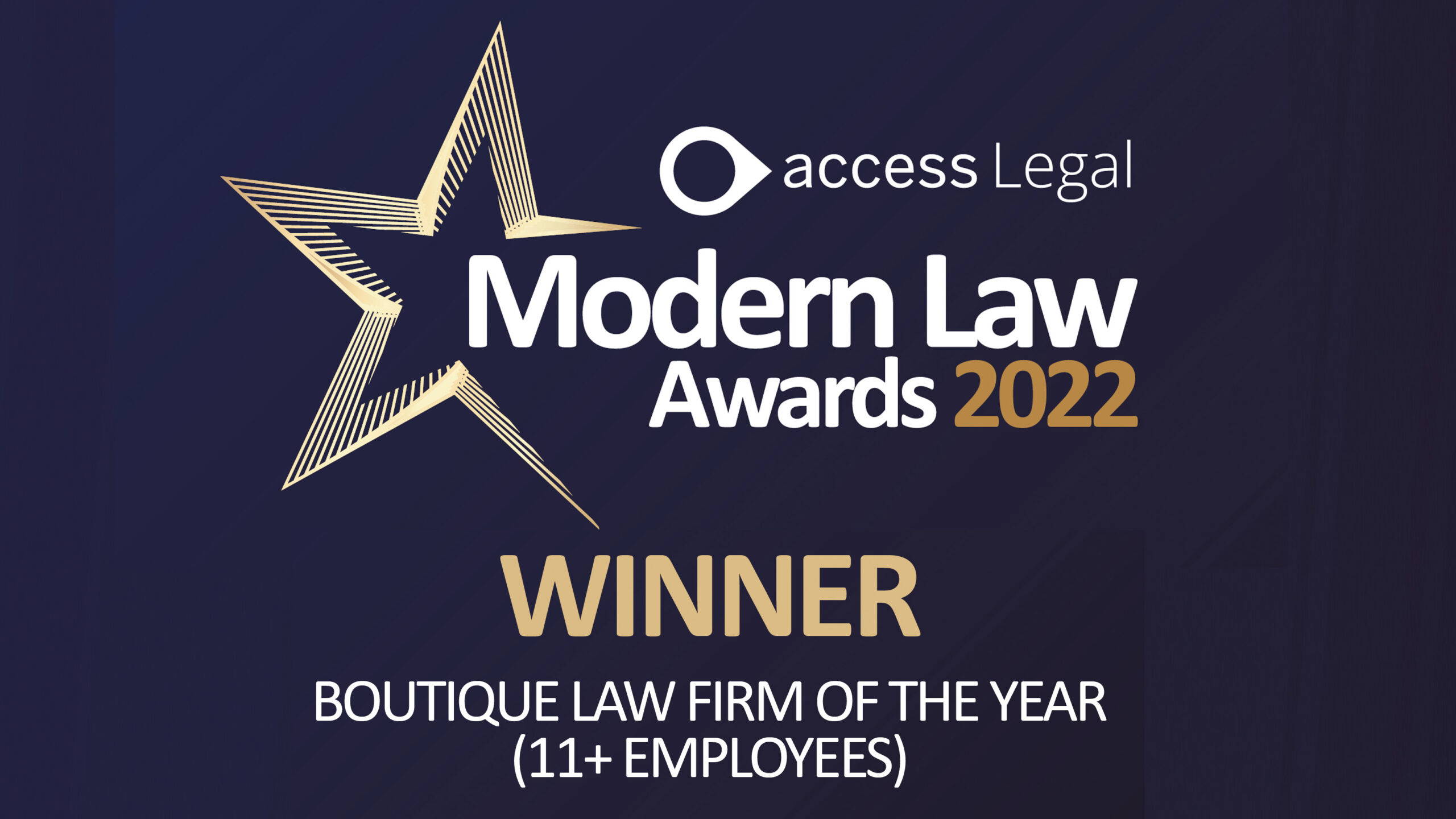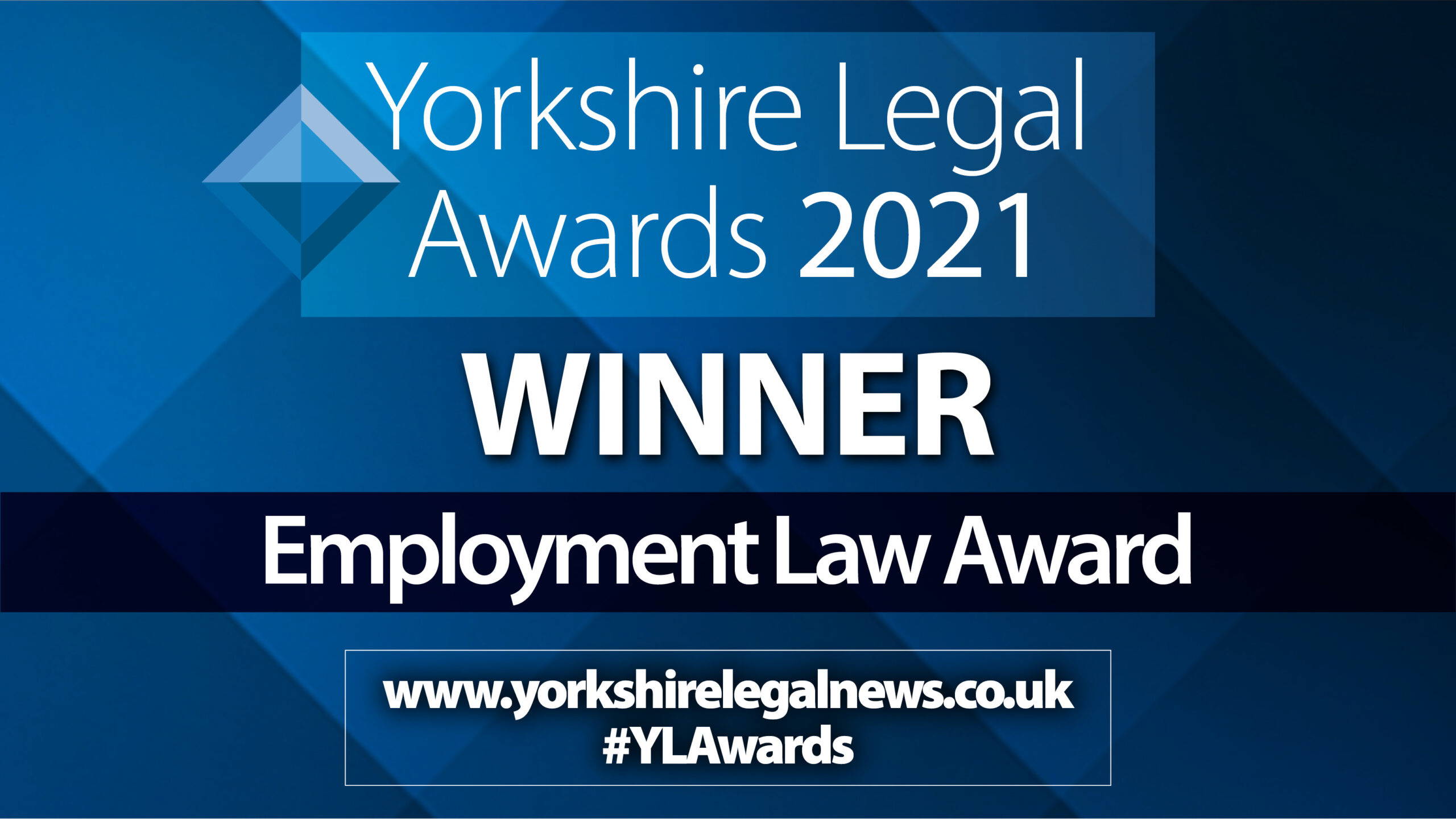We have recently seen a huge rise in queries relating to the requirement to wear a face-covering whilst at work (and related issues arising out of a refusal to wear one), therefore thought it would be useful to set out some guidance.
What is a face covering?
The Government’s guidance states the following.
In the context of the coronavirus (COVID-19) outbreak, a face covering is something which safely covers the nose and mouth. You can buy reusable or single-use face coverings. You may also use a scarf, bandana, religious garment or hand-made cloth covering but these must securely fit round the side of the face.
Face coverings are not classified as PPE (personal protective equipment) which is used in a limited number of settings to protect wearers against hazards and risks, such as surgical masks or respirators used in medical and industrial settings.
Face coverings are instead largely intended to protect others, not the wearer, against the spread of infection because they cover the nose and mouth, which are the main confirmed sources of transmission of virus that causes coronavirus infection (COVID-19).
A face visor or shield may be worn in addition to a face covering but not instead of one. This is because face visors or shields do not adequately cover the nose and mouth.
When should I wear a face covering?
Face coverings are mandatory in some places; therefore, you must wear a face-covering unless you are exempt or have a reasonable excuse (we will come on to this below).
A full list of the places where you are required by law to wear a face covering can be found here. The list is extensive but essentially includes most indoor settings (other than your own home). Face coverings should also be worn in any indoor setting where you may have contact with people you do not normally meet, and where social distancing may be difficult (even if such a place is not specifically included on the Government’s list). For this reason, it is clear that you are likely to be expected to wear a face mask in the office or your workplace.
When do I not need to wear a face-covering?
The Government has set out a list of exemptions from the requirement to wear a face covering. The exemption most relevant to work-related queries which we are receiving is as follows:
In settings where face coverings are required in England, there are some circumstances where people may not be able to wear a face covering.
Please be mindful and respectful of such circumstances. Some people are less able to wear face coverings, and the reasons for this may not be visible to others.
This includes (but is not limited to):
- people who cannot put on, wear or remove a face covering because of a physical or mental illness or impairment, or disability
Therefore, if you have a disability, which under the Equality Act is defined as a physical or mental impairment that has a ‘substantial’ and ‘long-term’ negative effect on your ability to do normal daily activities then you will likely be exempt.
The Government website goes on to mention ‘exemption cards’ where it states;
If you have an age, health or disability reason for not wearing a face-covering:
· you do not routinely need to show any written evidence of this
· you do not need to show an exemption card
This means that you do not need to seek advice or request a letter from a medical professional about your reason for not wearing a face covering.
I am exempt from wearing a face-covering – how might this affect me at work?
If you have an age, health or disability reason for not wearing a face-covering you should discuss this with your employer so that they are aware of the reason.
Whilst you are not required to provide any evidence or exemption card, you may find that your employer requests this. From the employer’s perspective, we do think there is an argument that they may be entitled to understand on what basis you can’t wear a face covering, as they have to balance their health and safety obligations to their customers and employees. There is certainly an argument that an employer cannot provide reasonable adjustments (which waiving mask-wearing maybe) for a disability if they are unaware of what that disability is and how they can alleviate the disadvantage suffered. In short, it is in the employee’s interest to be as open and discursive as they can be about the reasons they cannot wear a mask.
If you wish to use an exemption card or badge, you can download an exemption card template here. You can then print these yourself or show them on a mobile device.
Can I be dismissed for refusing to wear a face-covering? What does the Tribunal say?
In Kubilius v Kent Foods Limited, the Employment Tribunal found that the employee was fairly dismissed for his refusal to wear a mask. The Claimant was a lorry driver, and drove to a client’s location, where he then refused to put a mask on. This was before mask wearing was legally mandated; in fact, at this time (May 2020) masks were optional under the Government guidance.
Nevertheless, it was found to be lawful request by an employer that the employee should wear a mask at all times whilst on client’s premises. Furthermore, in this case, it was found that the Claimant’s “continued insistence that he had done nothing wrong” caused his employer to “reasonably lose confidence in his future conduct”. It was also found that, in the alternative, he could have been dismissed for some other substantial reason, as the client banned him from their site, which made it impossible to perform his role moving forward.
As this case has only been heard in the Tribunal (and we are not, at the moment, aware of any appeal) it’s finding are not necessarily binding on other courts or other Tribunals. However, it does clearly indicate the considerations of a Tribunal and how they could find that you could be fairly dismissed for refusing to wear a mask. This is especially when you consider that, at the time, the employer in this case didn’t have the legal guidance and health and safety requirements to rely on (as that had not yet come into force). Arguably, had this incident taken place now, in 2021, when masks are legally mandated, there would have been even more weight to support that the decision of the employer was objectively fair or reasonable.
Could I be disciplined or dismissed for failing to wear a face-covering?
Without evidence of why you are refusing to wear a face covering, your employer may conclude that your refusal to wear a face covering is a failure to follow reasonable management instructions. You will appreciate that, without medical information, an employer would struggle to make reasonable adjustments as required. We would therefore suggest you ensure you have raised all the above points to your employer as, in the absence of this, they may have reasonable grounds to either discipline you or take steps to remove you from the workplace.
If you refuse to wear a face covering, whether for a medical reason or otherwise, and your employer takes the view that a mask is mandatory for health and safety, they may be able to argue you are no longer capable of performing your role and therefore cannot continue in your role, or that the refusal makes it impossible for you to carry out your role as prescribed, amounting to a dismissal for “some other substantial reason”.
It is worth considering that, even when an employee is disabled, this has to be balanced against the employer’s duty. If they can prove that they are asking for the masks to be worn for a legitimate aim (which they will likely be able to prove in this case) then it is likely that an employer could defend their actions if any subsequent claim were brought.
That is not to say that any disciplinary action or dismissal for refusal to wear a face-covering is likely to be fair, this will have to be judged on a case-by-case basis. As above, though, the Tribunal has previously found that an employee was fairly dismissed for his refusal to wear a mask.
Can we help?
From tribunal claims to draft grievances and appeal letters. We know how daunting the legal process can be for employees, we are here to help. We will take off your case from start to finish ensuring you know exactly where you stand.
We can also support individuals by negotiating settlements agreements with your employer to get the best possible outcome for you. We provide these services whilst being completely transparent as possible with you about the legal cost.
Before commencing work on your behalf, we shall do an initial review and then inform you of any additional costs and ensure you fully understand how your legal fees are calculated, in writing, before proceeding with any case.
Whilst most firms operate on an hourly rate, we prefer to offer our clients a fixed fee (wherever possible) to assist our clients in managing their legal costs. Please get in touch if we can be of any assistance.
By Crystal Boyde and Alicia Collinson
Please note this blog is for reference purposes only. It does not constitute legal advice and should not be relied upon as such. Specific legal advice about your specific circumstances should always be sought separately before taking or deciding not to take any action. Please contact us if you have any questions on enquiries@thrivelaw.co.uk









